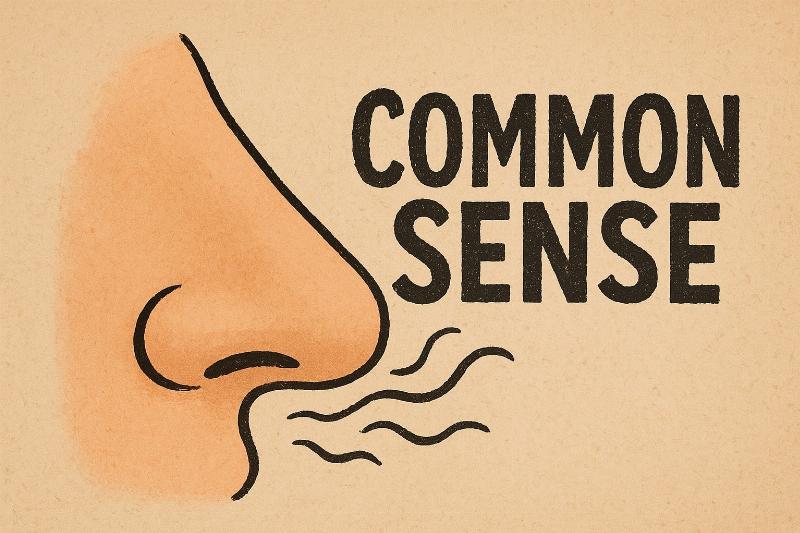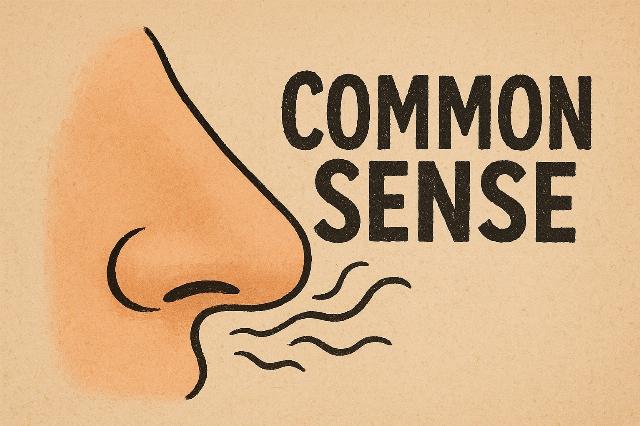


In an age of credentialed confusion, the word “expert” has lost its luster. Once a badge of rigorous study and impartial judgment, it now too often signals media polish, institutional allegiance, or ideological packaging. We are told to trust the experts on economics, medicine, politics, and public policy. But time and again, the experts are wrong. Not just slightly off, but spectacularly, systemically, and sometimes catastrophically wrong.
Consider the financial crisis of 2008. The world’s top economists and bankers assured us the housing market was sound. They built models that ignored human greed and underestimated systemic fragility. Meanwhile, a handful of outsiders armed not with Ivy League credentials but with common sense and moral clarity sounded the alarm. They were dismissed, mocked, and ignored. Until they were proven right.
Or take the COVID-19 pandemic. Public health experts issued contradictory guidance, revised their positions, and often failed to communicate with transparency. The result? Confusion, mistrust, and a public left to navigate life-or-death decisions without a clear compass. In many cases, ordinary citizens, parents, small business owners, community leaders made wiser, more balanced choices than the institutions meant to guide them.
So why are experts so often wrong?
The answer lies in a toxic cocktail of cognitive bias, institutional pressure, and ideological drift. Experts are human. They are influenced by money, status, and the desire to be seen as right. They are rewarded for confidence, not humility. For narrative, not nuance. And in a media landscape that prizes certainty over complexity, the incentives to oversimplify are overwhelming.
But the deeper danger is not just flawed predictions, it’s the erosion of public trust. When experts fail repeatedly, and when their failures are excused or buried, the public begins to tune out. And rightly so. Because truth does not fear scrutiny. It welcomes it.
That’s why I believe in the “smell test.” It’s a simple principle: Does this make sense? Does this claim align with what I see, what I know, what I feel in my bones? If not, I dig deeper. I ask questions. I follow the logic. I refuse to outsource my judgment to titles or institutions.
This isn’t anti-intellectualism. It’s post-institutional wisdom. It’s the belief that truth is not the exclusive domain of elites. It’s found in the lived experience of ordinary people. In the quiet discernment of a grandfather. In the moral clarity of a mother. In the common sense of a citizen who refuses to be gaslit.
We need experts. But we need them to be humble, transparent, and accountable. We need them to admit uncertainty, to welcome dissent, and to respect the intelligence of the public. We need a new model of expertise, one that blends technical knowledge with philosophical reflection and civic responsibility.
Until then, we must trust our instincts. We must teach our children to think critically, to ask hard questions, and to honor truth over narrative. We must remember that wisdom is not found in credentials, it’s found in clarity, compassion, and courage.
So the next time you hear the word “expert,” don’t bow. Don’t ignore. Just pause. Ask: Who benefits from this version of the truth? What’s missing from the story? Does it pass the smell test?
Because in the end, it’s not about being contrarian. It’s about being clear-eyed. And that, my friends, is the beginning of wisdom.

Image generated by ChatGPT.
